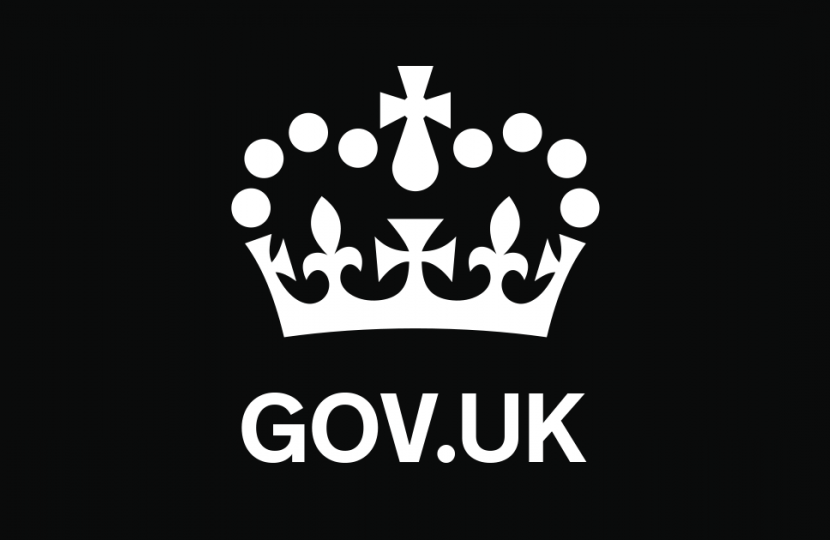
Yesterday, the Government announced that the social distancing measures currently in place to tackle the coronavirus will continue for at least the next three weeks. Our advice is clear: people should continue to stay at home, to protect the NHS and save lives.
- The Foreign Secretary chaired meetings of the Cabinet and COBR to consider the advice from SAGE. While there are indications that social distancing measures have been successful in slowing down the spread of the virus, it is a mixed and inconsistent picture and, in some settings, infections are still likely to be increasing.
- Relaxing any of the measures currently in place would risk damage to both public health and our economy. The worst thing we could do now is ease up too soon and allow a second peak of the virus to hit the NHS and hit the British people.
- We have set out 5 specific things which the Government will need to be satisfied of before we will consider it safe to adjust any of the current measures:
- We must protect the NHS’s ability to cope – we must be confident that we are able to provide sufficient critical care and specialist treatment right across the UK.
- We need to see a sustained and consistent fall in the daily death rates from coronavirus so we are confident that we have moved beyond the peak.
- We need to have reliable data from SAGE showing that the rate of infection is decreasing to manageable levels across the board.
- We need to be confident that the range of operational challenges, including testing capacity and PPE, are in hand, with supply able to meet future demand.
- We need to be confident that any adjustments to the current measures will not risk a second peak of infections that overwhelm the NHS.
- When we are confident on these five points, guided by science and data, we will look to adjust the measures – be will only do it when the evidence demonstrates that is safe to do it. We will make those decisions at the right time for this country – but for now, the most important thing people can do is to stay at home, to protect the NHS and save lives.


